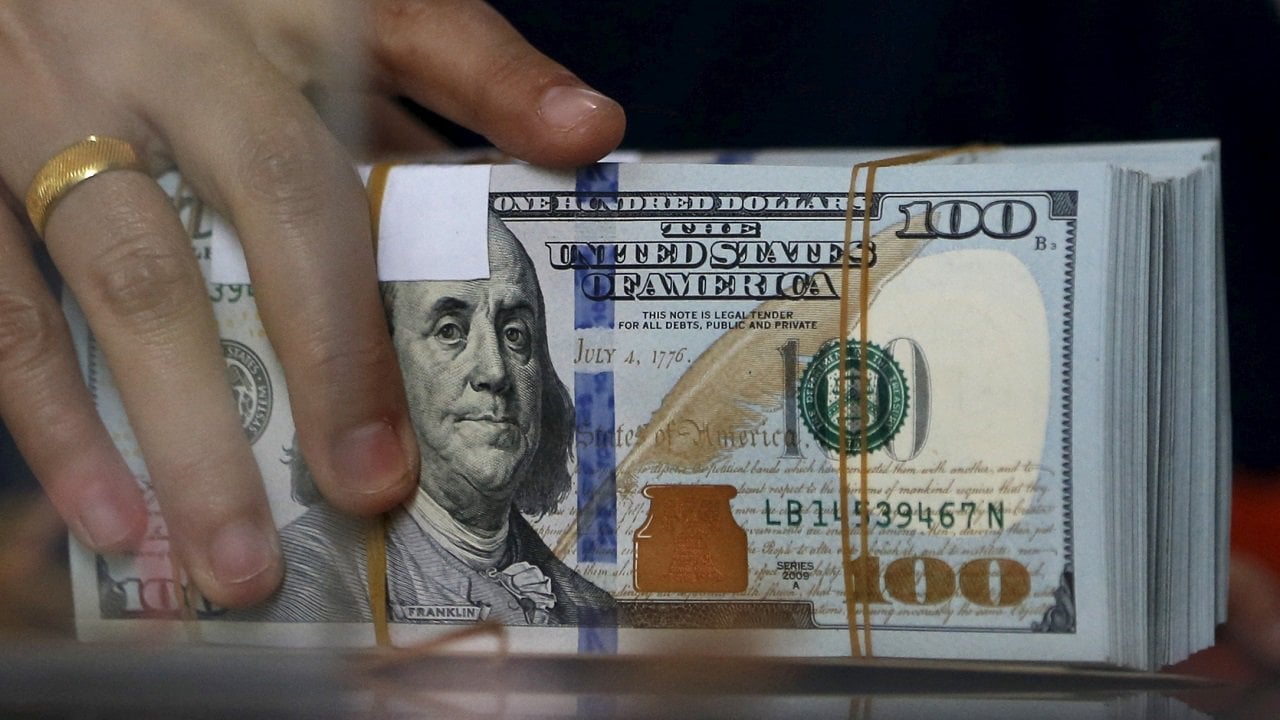John F. Kennedy famously said that victory has one hundred fathers but defeat is an orphan. Something similar might be said of Washington and the economy. While everyone would like to claim credit for economic success, nobody wants to assume responsibility for our current economic mess.
This week’s economic data leave little doubt that we are in an economic mess. It now turns out that following rapid economic growth last year, the economy is slowing abruptly. In the first quarter of this year output actually declined by 1.5 percent, while Goldman Sachs is now anticipating economic growth of only 2 ½ percent in the second quarter. Meanwhile, inflation continues to rage at a forty-year high, mortgage interest rates have increased at the fastest rate since 1994, and the stock market has declined by around 20 percent since the start of the year.
According to both the Biden Administration and the Federal Reserve, today’s inflation and now today’s slowing economy has nothing to do with economic policy. Rather, they claim that it has everything to do with the Covid-19 pandemic and with Russia’s invasion of Ukraine.
In their view of the world, the Covid pandemic disrupted the global supply chain, interfered with world shipping, caused people to drop out of the labor force, and shifted demand away from services to goods. Meanwhile Russia’s invasion of Ukraine this year has sent oil and food prices through the roof.
To be sure, the pandemic and Russia’s Ukrainian invasion are partly responsible for today’s rapid inflation. However, it is highly doubtful that those factors would have led to the economic overheating and the wage pressures that are so much in evidence today. Nor would they have led to today’s pervasiveness of inflation to all sectors of the economy or to inflation’s persistence at levels reminiscent of the early 1980s.
Rather the real culprit in today’s unacceptably high inflation rate is to be found in last year’s extraordinarily loose stance of both monetary and fiscal policy.
It might be recalled that in March 2021, former Treasury Secretary Larry Summers warned that President Biden’s American Rescue Plan would inevitably lead to economic heating. He did so on the grounds that coming on top of 2020’s $3 trillion bipartisan budget policy response to the pandemic, the $1.9 trillion Biden stimulus would mean that in the space of two years the US economy would be receiving budget stimulus totaling almost $5 trillion or around 20 percent of GDP. That represented by far the country’s largest peacetime budget stimulus on record.
Perhaps even more responsible for today’s inflation problem has been Jerome Powell’s Federal Reserve, which has been asleep at the wheel. Last year, at a time when the economy was recovering strongly and receiving its largest peacetime budget stimulus on record, the Fed kept policy interest rates at their zero lower bound and allowed the broad money supply to balloon by 40 percent over a two-year period. Similarly, at a time when the stock market and the housing market were on fire, the Fed continued to add liquidity to markets by continuing to buy $120 billion a month in Treasury bonds and mortgage-backed securities.
As a result of last year’s budget and monetary policy excesses, the Fed is now being forced to slam on the monetary policy brakes to get the inflation genie back into the bottle. It is doing so both by raising interest rates in 50 basis point steps and by committing to reduce the size of its balance sheet by $95 billion a month. This now runs the real risk of throwing the economy into recession not least because it is likely to burst the equity and housing market bubbles.
In November, President Biden is likely to be punished by the electorate in the midterm elections for the poor state of the economy. Meanwhile, Jerome Powell who should bear most of the responsibility for our current economic malaise will continue at the Fed’s helm for another four years following his recent confirmation for a second term.
Desmond Lachman joined AEI after serving as a managing director and chief emerging market economic strategist at Salomon Smith Barney. He previously served as deputy director in the International Monetary Fund’s (IMF) Policy Development and Review Department and was active in staff formulation of IMF policies. Mr. Lachman has written extensively on the global economic crisis, the U.S. housing market bust, the U.S. dollar, and the strains in the euro area. At AEI, Mr. Lachman is focused on the global macroeconomy, global currency issues, and the multilateral lending agencies.

